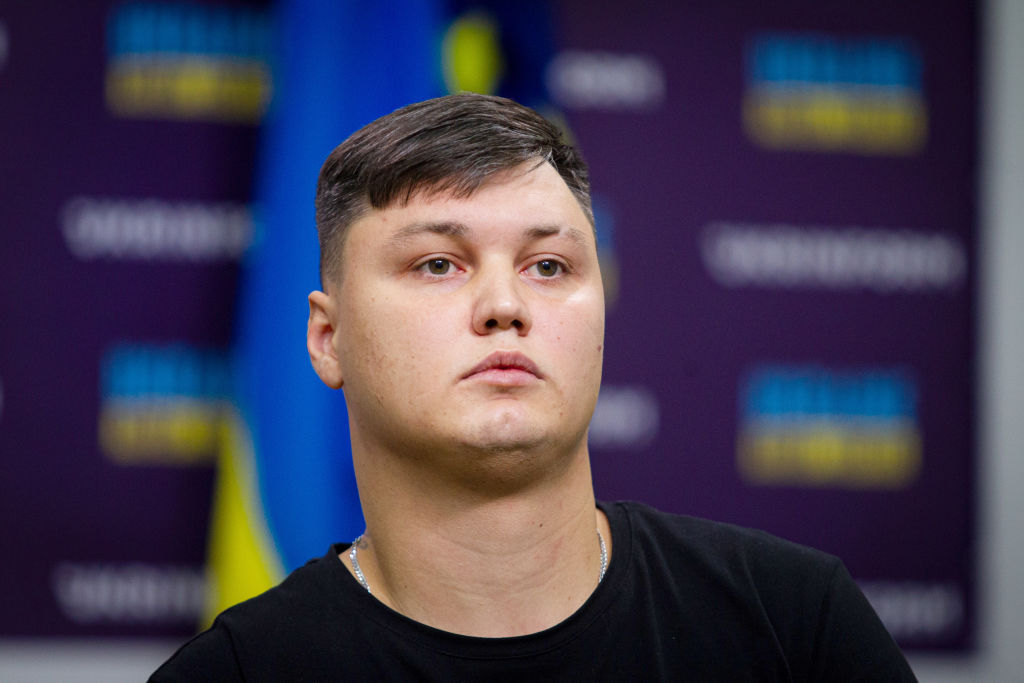Maxim Kuzminov would surely have known that defecting from the Russian military comes with risks. In August last year, the 28-year-old Russian captain seized control of a helicopter and flew it across the border to eastern Ukraine. Doing what Kuzminov did can go two ways. Some make it out alive, and have a secret life abroad – albeit while constantly looking over their shoulders. Others – like Kuzminov, who was shot dead in Spain this week – are not so lucky.
Kuzminov isn’t the first soldier to meet a sticky end after turning his back on the Russians. One of the most remarkable defectors in modern history was Abdulrachmann Fatalibey. He was an Azerbaijani soldier decorated for fighting for the Soviets on the Finnish front line. Fatalibey defected to the Nazis in 1951, who in turn decorated him in the fight against Stalin. After the war he became a military adviser to Arab states in their 1948 war against Israel, during which he claimed to have contacted British and American intelligence.

Britain’s best politics newsletters
You get two free articles each week when you sign up to The Spectator’s emails.
Already a subscriber? Log in






Comments
Join the debate for just £1 a month
Be part of the conversation with other Spectator readers by getting your first three months for £3.
UNLOCK ACCESS Just £1 a monthAlready a subscriber? Log in